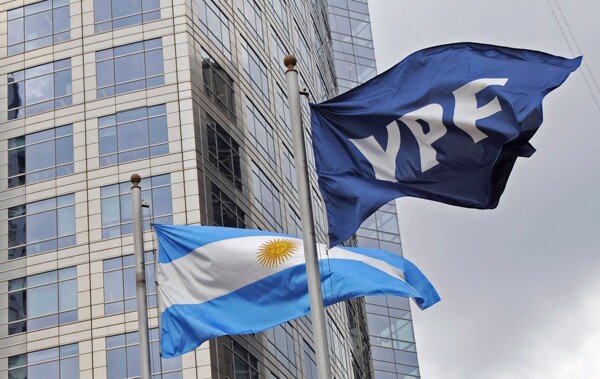
Companies will have to wait until next year to distribute dividends from the current fiscal year, but accumulated profits from previous years will be compensated with a bonus, totaling around $7 billion. This measure implies more debt. President Milei mentioned that the Central Bank will not intervene until the exchange rate reaches a specific level. This is a refinancing of the previous debt, covering maturities and interests for the next four years, exceeding $20 billion.
The first disbursement of this new agreement exceeds all expectations, suggesting significant political influence in the negotiations. The importance of the U.S. Treasury Secretary in this financial backing is highlighted. Global economic turbulence has led to an increase in the projected fiscal surplus, implying additional adjustments in the national economy.
Entrepreneurs, anticipating a devaluation, have made price adjustments. The Central Bank has sold a large amount of dollars in recent days, while inflation in March reached 3.7%, accumulating 8.6% in the first quarter of the year. This financial rescue, which includes agreements with several international organizations, aims to avoid a possible debt crisis and default.
A quarter with high inflation and a decrease in economic activity is expected, which could negatively impact employment and the poverty index. Tax and pension reforms are back on the table, along with labor adjustments. This agreement with the IMF seeks to recover reserves, control the exchange rate, and strengthen the government's position amid an uncertain electoral scenario.
The loan granted by the IMF poses new challenges and commitments for the country while maintaining scrutiny over the government’s management. The economic measures adopted aim to stabilize the economy and improve the government's image amid a complex economic and political context.














